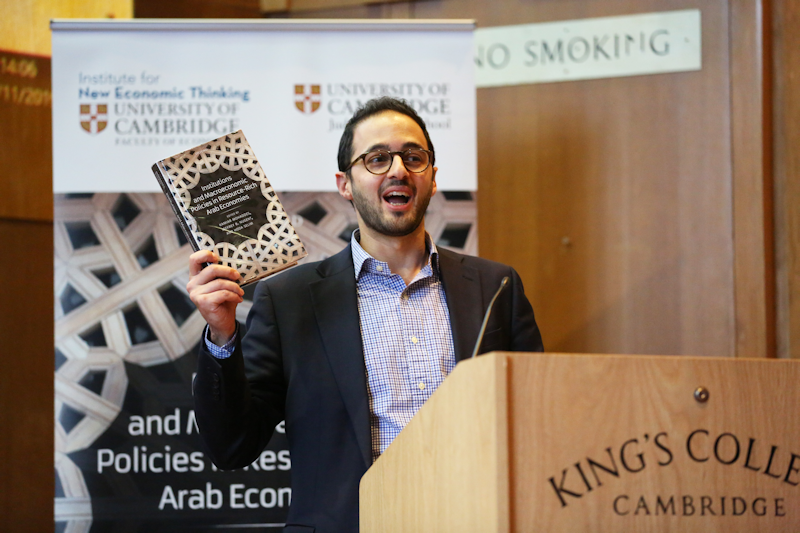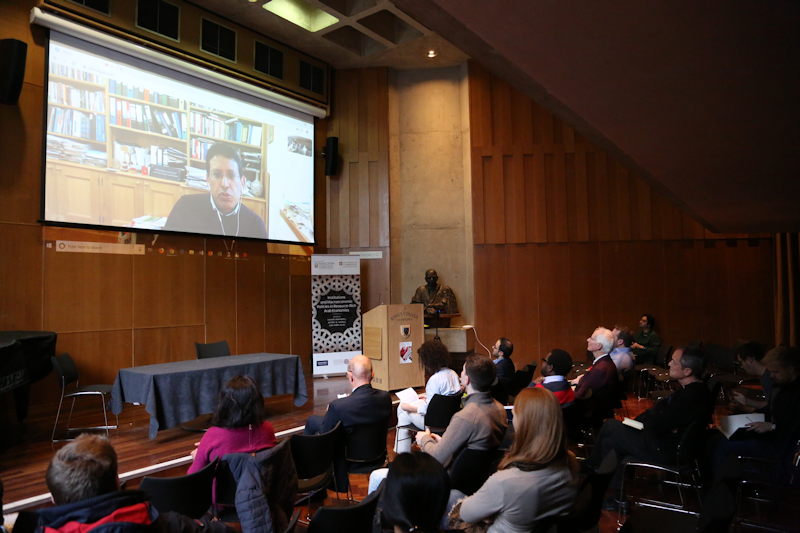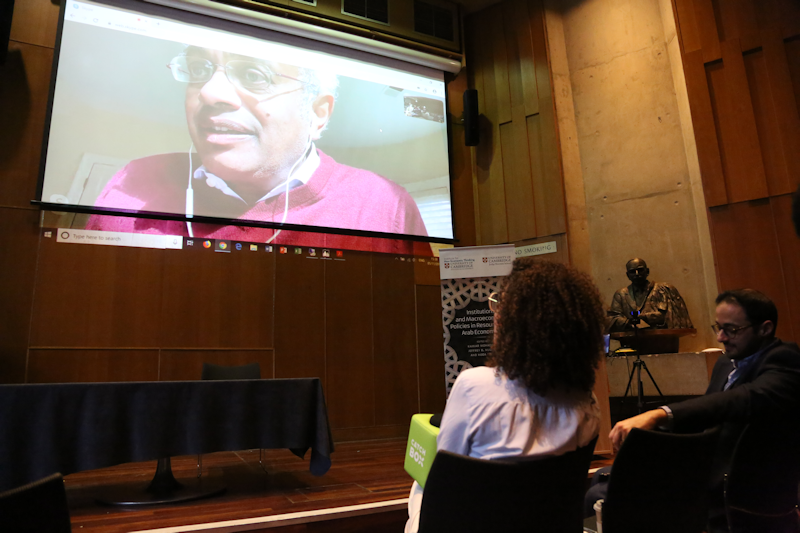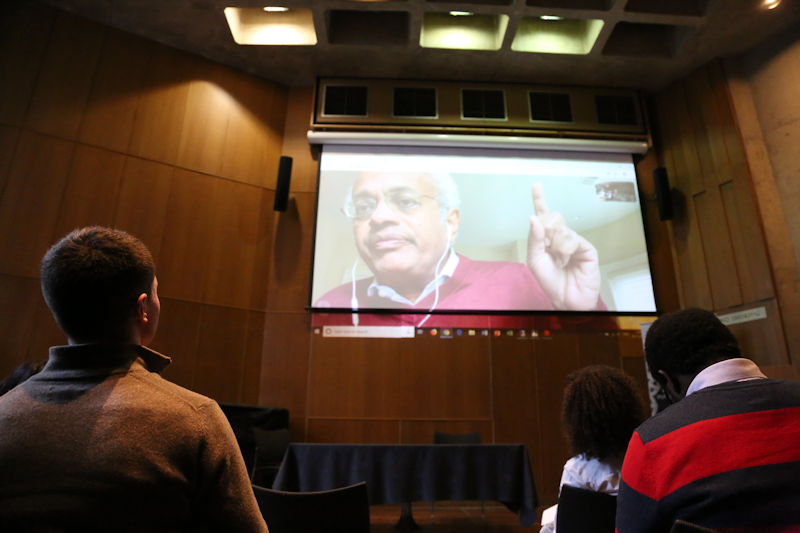Abstract: This volume contributes to the literature on the Arab World in two main ways. First, the regional focus on the role of institutions and macroeconomic policies fills an enormous research gap as this has been largely understudied, mainly due to the insufficiency of informational disclosure by governments in general and especially fiscal institutions. Hence, an important contribution of this volume is to reveal more detailed information concerning problems and policies of the region’s oil exporters. Second, given the constraints hindering macroeconomic reforms in Arab oil-exporting countries, it offers a novel political economy analysis that examines the ways in which resource endowments affect political regimes and the choice of macroeconomic institutions and policies in oil-rich Arab economies. The four main questions addressed in this volume are:
(i) Do institutions (both political and economic) matter for macroeconomic policies in Arab oil exporters, and if so how?
(ii) What are the main features of the macroeconomic institutions (fiscal, monetary, and exchange rate regimes) that are most effective in mitigating commodity price volatility, growth volatility, inefficiency in expenditure allocations, and corruption?
(iii) How well are existing fiscal institutions performing in terms of fiscal policies and outcomes?
(iv) When fiscal institutions are not performing well, what should be done about this?
Key Words: Natural resources, oil, fiscal policies, fiscal institutions, exchange rate regimes, political economy, Arab World, oil exporters, institutions, macroeconomic policies, and commodity price volatility.
This volume co-edited with Jeffrey B. Nugent (University of Southern California) and Hoda Selim (International Monetary Fund) is published by Oxford University Press and can be purchased from here.
Note that you might have free online access (through your institution or University) through Oxford Scholarship Online from here.









